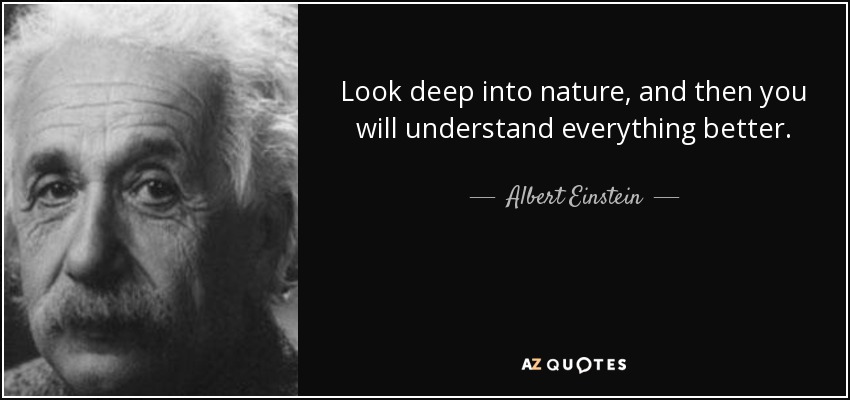Those who sow in tears will reap in joy
Proverbs, adages, pearls of wisdom, the Ten Commandments, Confucius, old wives’ tales.
Wonderful quotes from the past which serve as signposts for a better life. For logical Western thinkers, they may be nothing but superstition.
The advice these writings suggest is based on something though. Could be based on one person’s dream or wishful thinking. Or, one man’s hallucinations or meditation session. Or, many peoples’ experience they shared only once. Or, many peoples’ experience over generations.
Or, they could be based on verifiable and actual events/forces you can take to the science lab to experiment with.
One way to examine these writings, is to think of them as crowd wisdom. Meaning, that if you asked many people if this is how life is experienced by them – most/all would say yes.
This, it is a good piece of knowledge to share with other and pass down to future generations. Even if there is no proof, no lab experiment… it is considers a fact of life.
If I decided today to craft a pearl of wisdom that will survive my own lifespan and will be known generations from now… what would I say?
Here is one that I don’t think will work, to make my point:
“Those who climb mountains shall find the hidden gold”
On its surface it sounds like a cliche, it’s meaningless. Moreover, did I mean real mountains or figurative mountains? Did I mean gold as the element or a reference to riches?
Chances are, this pearl of wisdom is not going to be known generations from now. Not as a thing a parent tells their child, or a plaque on a university wall.
Because if it’s meaningless. Not many people can relate to it nor assert its their life experience. Thus, it will not pass the test of quality for sharing forward, to the next generation.
Here is one example that did last for generations, and may shed light on life.
“Those who sow in tears will reap in joy.”
-Psalm 126:5
What is the meaning of this verse?
Did the author mean this literately? metaphorically? both?
Perhaps many people felt it in their life experiences? Thus, helped amplify the message – and kept carrying it forward?
Why isn’t the verse saying:
No matter how you sow, you will reap
Or
Sow with joy – reap with joy
Or
Sow with tears – reap with tears
What is it about the investment or worry upfront that yields the results at the end?
Perhaps there is an equilibrium to examine here. Imagine our thoughts (worry the crop will not succeed) causes our emotions (tears and joy). Perhaps some farmers sow with bravado, and their thoughts are “every year I sow and reap, so let’s get to it, I am not worried at all”.
Is there a cause and effect here, that “proved” itself time and again in the lab of life?
Perhaps it means that if you sow without caring you will reap without caring. You will be ambivalent, indifferent.
Could the worry and resulting tears affect the plants somehow?
Are our thoughts the most powerful force in the universe?
In Chapter 10, we examined the notion that “you get something when you don’t need it.” As in, you first need to earn the value you wish to receive and then you get it.
Is this what is happening here? The thoughts of the farmer are creating an equilibrium of forces, so they get the energy they have lost over their worry?
I know, I know… sounds crazy. Sounds like it belongs to a Bible verse, which is poetic and metaphoric. That is it.
My ask is that you examine your life, and see if your life experiences are captured in proverbs. If so, how can we prove it? Can we prove it?
Can crowd wisdom on the Internet give us for the first time an opportunity to “validate” there are forces at play here that are invisible?
After all, up to Newton’s publication of Principia, in 1687 – gravity was observed by millions but not “proven” nor accepted as “fact”.
By the way, gravity is still not exactly understood – yet that does not make it real.
How much more is there to the meaning of life, that is controlled by seemingly unseen forces, like our thoughts which we simply did not codify yet?
Click here for Chapter 30
References and Quotes:
“Those who sow in tears will reap in joy.”
-Psalm 126:5
Jerry Seinfeld’s Mental Trick for Managing Stress Under Pressure

